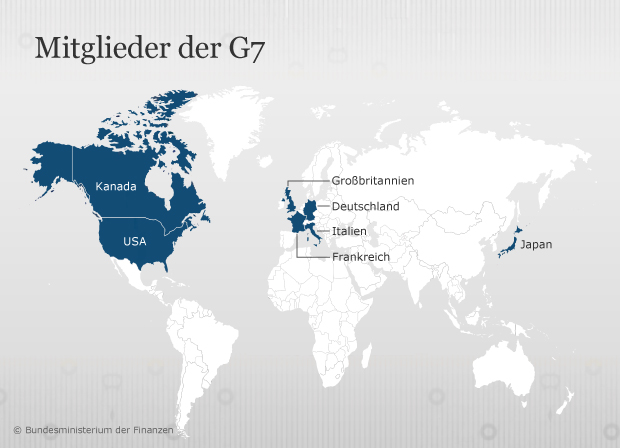the G7 countries to support the health of the 76 countries

The G7 countries have, among other things, to the goal, through your support to cross-border epidemics, to contain and to provide technical Know-How. The Ebola crisis in West Africa has shown once more that, in many States, the International health regulations have not yet been implemented sufficiently.
Essential from my point of view, that in the case of future pandemics, and with these we are confronted with security – will not be tested again on one side only vaccines in the experimental stage. However, the question of whether the amount budgeted for 2016 in the amount of EUR 4 million Large can be effected. Positive is the proposed special program “Africa” of the Federal Republic of highlight the in the years 2015 and 2016, with 205 million EUR to the training of health personnel in African partner countries. It is to be hoped that these planned funds are also flowing in fact.
Uwe Nieswandt
Here is the press report on this topic:
G7-countries 76 countries around the world support
Federal Minister of health Hermann Gröhe: “A functioning health care on-site, the best protection against health crises”

The seven leading industrial Nations (G7) – US, Britain, France, Italy, Japan, Canada and Germany – have 76 countries in the world support for strengthening their health care. A list of the States has today, together with the report of the Federal government on the German G7-presidency released.
Federal Minister of health Hermann Gröhe:“A functioning health system is the best protection against health crises. This has shown the Ebola crisis once more in a dramatic way. It is good that the seven leading industrial Nations now says concrete assistance to 76 countries around the world, in order to strengthen the local health care systems. So can the G7decisions, the last year in the Bavarian Elmau taken were clearly exceeded.“
At the G7summit in Elmau, Bavaria, the G7countries committed, at least 60 States, their support in the implementation of the International health regulations. Today’s list includes 75 countries, including 3 regional associations, which are supported in building resilience of health structures. The list is a snapshot of the end of the year 2015, more States can be added. One state (Malaysia) is added in 2016.
The International health regulations (2005) for all member States of the world health organization binding. They serve to prevent the international spread of infectious diseases, and are Central to the containment of cross-border epidemics. The Ebola crisis in West Africa has shown once more that, in many States, the International health regulations have not yet been implemented sufficiently. For technical Know-How is necessary.
The Federal Ministry of health together with the Robert Koch-Institute (RKI), the Paul-Ehrlich-Institut (PEI), and the Bernhard-Nocht-Institute (medical establishment has treated) and the Federal Institute for drugs and medical devices (BfArM) and partner countries aimed at strengthening the health system support. This includes the training of personnel for the Management of health crises in the partner countries. In addition, a rapid response Team of epidemiologists and laboratory experts from the RKIand the medical establishment has treated you to the first signs of a disease outbreak on-site at the diagnosis and control of to be able to support. The program will start in 2016, with 4 million euros and is initially scheduled for 5 years.
The Federal government also invests in the framework of the special programme for Africa, with 205 million EUR (2015 and 2016) to strengthen cooperation in the training of health personnel in African partner countries.
Source: press release of the Federal Ministry of health (quoted word for word)
